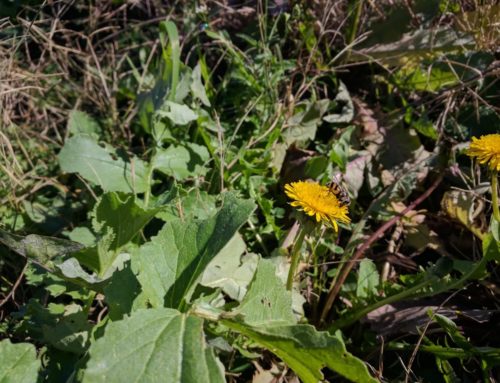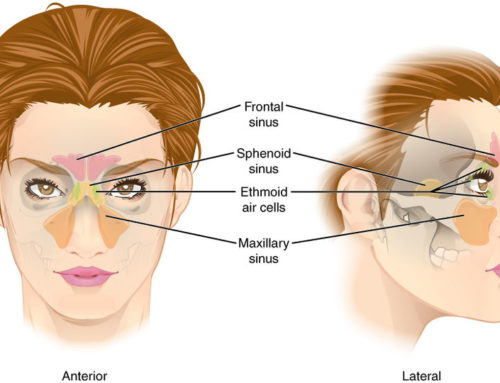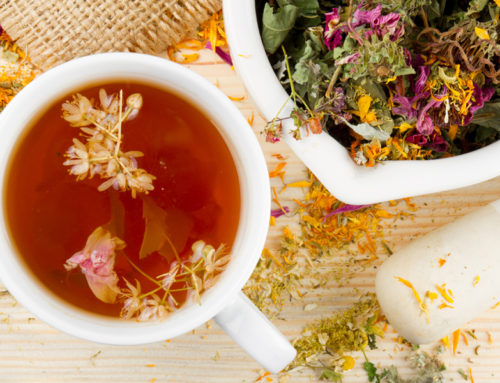Therapeutic touch modalities are used today to bolster the immune system, support weight management, and to help with seasonal affective disorder.
Wintertime will challenge the most resilient of bodies with a myriad of hurdles to get through the season. Spending more time indoors puts a great strain on weight management, the immune system and emotional health.
Reflexology and acupressure practitioners work with clients to bring about a gentle balancing of all systems year-round. Factoring in the seasons and climates is important to having a well-rounded wellness plan.
Wintertime and Oriental Medicine
Oriental medicine views seasonal living as an important part of overall health. Accordingly there are specific theories related to each of the five seasons. Oriental medicine views winter as belonging to the element of water, which represents the kidneys, bladder, adrenal glands and bones of the body. Perhaps the most important of these organs in Oriental medicine are the kidneys as they are thought to represent the body’s source of energy or qi.
To stay in harmony with this season, pressure point therapy sessions will seek to balance any excesses or deficiencies that might be present in these organs, redistributing energy or qi. Both Asian Bodywork practitioners and reflexologists may rely on these theories as part of a comprehensive plan for a client.
Metaphysical Winter – The Season of Fear and Depression
An imbalanced qi pattern in the kidneys and urinary system are thought to bring out the emotions of fear, paranoia and depression. Combined with seasonal affective disorder it could feel like the more cheerful side of self is pulling double duty.
Traditionally this is a season of reflection, looking inward and bringing emotions and memories to light. The body and mind tend to slow down in preparation for the burst of energy springtime affords. While some are feeling like they need more downtime playing puzzles at home the season tends to inspire elaborate social events. This can wear at the psyche and leave folks ragged and lonely.
Wintertime is a good season to carefully plan social outings – instead of going to a party if the heart is not in it, try meeting with a friend for a warm cup of tea. Those susceptible to loneliness and depression this time of year can also plan to meet with a friend every week. Be sure to let the bodywork practitioner know about any changes to emotional health, and don’t hesitate to ask for a referral to a mental health specialist.
Winter Prevention with Pressure Point Therapy
Reflexology and acupressure will work to support and care for the winter season organs and parts of the body through therapeutic pressure techniques. In a reflexology session, the practitioner will work on the feet, hands and/or ears – stimulating reflex areas that correspond to the rest of the body. The Acupressure practitioner will work along meridians running the length of the body with points corresponding to internal organs.
A winter treatment plan will likely include techniques for the following systems:
- urinary system – to support the Chinese water element
- immune system – to support the body’s natural defenses during cold and flu season
- endocrine system – to support hormonal balance when emotions are vulnerable
- musculo-skeletal system – again, supporting the water element for healthy bones
There are a great many books and websites available to help the reader better understand theories of both Chinese medicine and reflexology systems. Self-help books are plentiful on both subjects and pressure point therapy enthusiasts can find charts and directions to try at home.
When looking for a practitioner ask questions about training, experience, and insurance. In the United States a qualified reflexologist will have attended a minimum of 200 hours of schooling and a qualified Asian Bodywork Therapist will have a minimum of 500 hours of training.
References:
- Reflexology and acupressure by Janet Wright, Octopus Publishing Group 2003.
- The Complete Natural Medicine Guide to Women’s Health by Kaur, Danylak-Arhanic and Dean, Robert Rose Inc. 2005.
The author originally published this article on Suite101.com in 2010.









Leave a Reply